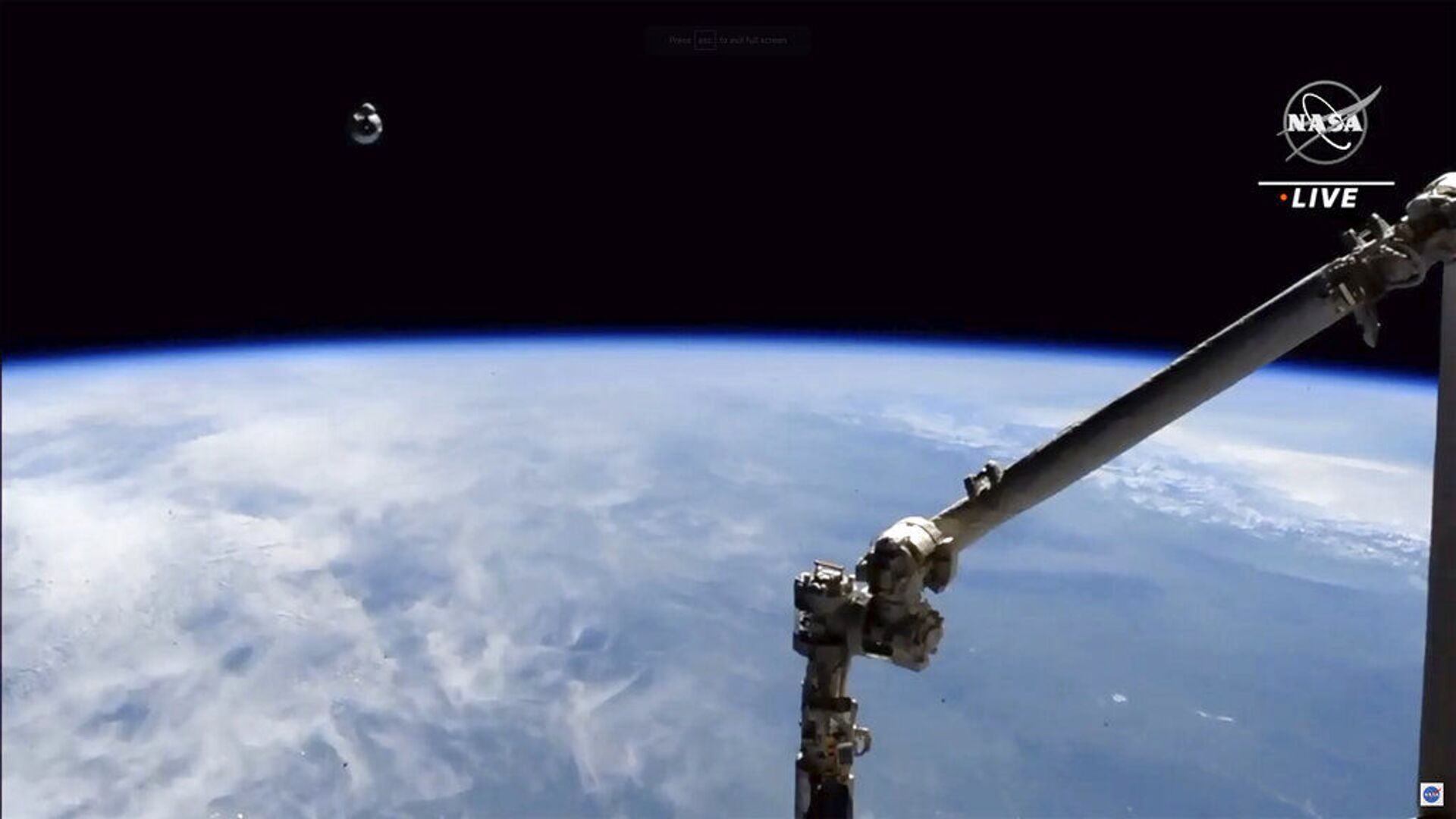The 2 tons of pressurized cargo in the SpaceX cargo capsule hurled aloft on a Falcon 9 rocket included two sets of animals, including 128 immature bobtail squid.
Experiments with the squid could support the development of protective measures to preserve astronaut health during long space missions, as humans rely on microbes to maintain healthy digestive and immune systems, NASA scientists said in a pre-flight briefings.
A second animal experiment involves microscopic animals known as tardigrades, eight-legged creatures that resemble baby bears to some, and were chosen for their ability to adapt to extreme conditions, including the vacuum of outer space for a short time, according to NASA.
The Cargo Dragon capsule is slated to arrive at the Space Station on Saturday morning.



